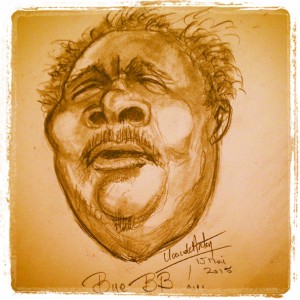Samuel Beckett : “If you don’t love me, I shall not be loved”
Israel Horovitz’s film is based on his own play. There IS a theatrical dimension to the movie, in particular beautiful and powerful dialogues. And a “huis clos” mood until a cathartic exit opens up. The movie rehearses a couple of enjoyable interfilmic references (the mirror scene of Taxi Driver; the two-fold ending of Deliverance); it stages the Parisian street and a reluctant “Flaneur”. At first, Mathias Gold (known in New York City as “Jim”) fits the cliché of the expatriate who has shed his American identity with the hope that France will adopt him: a man of two cities, he soon becomes a man of two countries. Displaced, Mathias ultimately comes to terms with space and—perhaps more importantly—with time. His search for a new future indeed brings him face to face with his past as he revisits his roots and identity by retrieving the lost link with his father. In the process, he moves from being a passive observer to being a participant in city life, as illustrated in his encounters with the opera singer, for example: the first time he sees her, he just overhears her singing; the second time he meets her, he gives her the cue and they sing together in a “Paris is a Moveable Feast” moment. Gradually, Mathias exorcises his demons, regaining agency over his life. His journey leads him to pay tribute to his dead father, coming to terms with a mysterious quote by Samuel Beckett he can now appropriate for himself.
The thematic explorations revolve around family and storytelling. Love/passion versus family commitment/social status. Loneliness and aging. Remembering and forgetting. Nemesis and haunting. Illusions and delusions. Curses and sudden reconciliations. Imagined hurts and real wounds. The master narrative is the family story patiently reconstructed from pictures, artifacts, memories offered or extorted, words uttered amidst screams and tears. And silences.
The other ingredients of the film include a gallery of interesting characters such as a real estate agent who lives on a barge on “the blood of Paris”—a tramp of some sort who, like Mathias, might be in search of meaning and truth. The playful linguistic dimension—the “franglais” and the recycling/recontextualizing of selected colorful expressions (“petit bouquet” and fellow travelers)—illustrates what Rosi Braidotti describes as “words not standing still”, and “following their own ways” (Nomadic Subjects 29). As she adds, “There are no mother tongues, just linguistic sites from which one takes her starting point” (NS 40). From her/his old lady to her/his new one, there is a will. And a way.
